#La Peste
Explore tagged Tumblr posts
Text

#tv shows#tv series#polls#la peste#pablo molinero#patricia lópez arnaiz#sergio castellanos#2010s series#spanish series#have you seen this series poll
21 notes
·
View notes
Text

french literature is a genre for itself.
#paris in love#parisian chic#parisian style#parisian vibe#parislife#soft aesthetic#soft girl#softcore#beige#la peste#albert camus#book girl#fashion#booklr#book recommendations#books#bookworm#books & libraries#bookblr#french literature#literature#literally#classics#reading community
64 notes
·
View notes
Text

Doctor Rieux thus resolved to compile this chronicle which you find before you in order not to number among those who keep quiet, in order to bear witness in favor of those who suffer the plague, in order that some memorial would exist of the injustice and the violence which had been inflicted upon them. He wanted quite simply to record what one learns in the midst of the pestilence, namely that there are more things to admire about human beings than to despise. . . He knew what this happy crowd did not know, but what it could have learned from books: the plague baccilus never dies nor disappears for good, that it may rest dormant for dozens of years in furniture, in furnishings, that it waits patiently in bedrooms, cellars, trunks and bookshelves; and that perhaps the day will come when to the misfortune or enlightenment of humanity, the plague will again bestir its rats and send them forth to die in a happy city.
[L]e docteur Rieux décida alors de rédiger le récit qui s’achève ici, pour ne pas être de ceux quise taisent, pour témoigner en faveur de ces pestiférés, pour laisser de moins un souvenir de l’injustice et de la violence qui leur avaient été faites, et pour dire simplement ce qu’on apprend au milieu des fléaux, qu’il y a dans les homes plus de choses à admirer que de choses à mépriser. . . [I]l savait ce que cette foule en joie ignorait, et qu’on peut lire dans les livres, que le bacilli de la peste ne meurt ni disparaît jamais, qu’il peut rester pendant des dizaines d’années endormi dans les meubles et le linge, qu’il attend patiemment dans les chambers, les caves, les malles, les mouchoirs et les paperasses, et que, peut-être, le jour viendrait où, pour le Malheur et l’enseignement des hommes, la peste réveillerait ses rats et les enverrait mourir dans une cité heureuse.
—Albert Camus, La peste, bk v (1947) in Albert Camus Théâtre, Récits et Nouvelles (Pléiade ed. 1967), pp. 1473-74. As Albert Camus reminds us, we delude ourselves by thinking that the baccilus of fascism is gone. It lies dormant to be revived again, as we witnessed on Nov 5
[Robert Scott Horton]
24 notes
·
View notes
Text
TIL there is a 2021 Japanese manga adaptation of Albert Camus' "The Plague", and the author (Ryota Kurumado) made Rieux look like THIS:



The same mangaka also adapted Camus' other famous book, The Stranger, in 2023.
Reminds me of when Dostoyevsky's "Crime and Punishment" got a (heavily abridged) manga adaptation in 2019 (by Hiromi Iwashita):


Maybe I'm just prejudiced, but I always feel like the "manga artstyle" in these makes for a very goofy combination with the subject matter. There's this incongruity in my head between the seedy, dour tone of the original books and the extremely clean, youthful look that mangaka tend to give their protagonists. (Forgive the overgeneralization - Japanese illustrators are not a monolith, I know, I know!)
Anyway, if anything, it's pretty nifty that these European literary classics are getting this sort of recognition in Japan. I may not personally vibe with the style, but I have to respect the effort; taking a book you like and bringing all of its scenes to life in a visual medium is no small feat.
(Still, I just cannot compute Rieux as this baby-faced teenager. At least the Crime and Punishment adaptation stuck to fairly realistic character proportions...)
#The Plague#Crime and Punishment#La Peste#Преступление и наказание#Albert Camus#Ryota Kurumado#Fyodor Dostoyevsky#Фёдор Достоевский#Hiromi Iwashita#Interesting cultural tidbit
16 notes
·
View notes
Text

The Plague, 1898 ART by Arnold Böcklin
36 notes
·
View notes
Text

"La mujer rota", de Simone de Beauvoir y "La peste" de Albert Camus en la #LíneaB
#la mujer rota#la peste#albert camus#book#books#bookgram#bookgasm#booklover#bookriot#leyendo#subte#subway#simone de beauvoir#bookhaul#book haul#book with me#argentina#buenos aires#instalibros#girls reading#books are life#books are sexy#sexy books#libros#amo leer#goodreads#wattpad#bookstagramarg#bookworld#lectores
37 notes
·
View notes
Note
Only three Arabs appear in The Stranger, none of them are named or speak, and the role of the central one (the brother of an Arab woman who is regularly beaten up by the protagonist’s friend, Raymond, and who seeks to avenge her) is to be shot dead on a sunlit beach by the novel’s anti-hero, Mersault.
It requires little effort for even the casual reader to see that the Arabs are merely the toys or mannequins or wordless puppets which exist solely to provide fodder for the adventure and agonised musings of the central, European figure.
Likewise there are no named Arabs in The Plague. It is a novel entirely about Europeans. The majority of deaths from plague in The Plague must, logically, be the deaths of Arabs, since they made up nine tenths of the population of Algeria and of Oran, the city where the story is set, but there is no sense of this in the novel, no sense, for example, that the Algerians might have had different cultural and religious ceremonies and traditions surrounding their Muslim dead.
In Camus’s two most famous novels, nameless and faceless Arabs have to die in order for Europeans to have fancy philosophical reflections.
Albert Camus’s fictions erase the identity, and even the presence, of colonised native people. Seen from this perspective, far from promoting a universal anything, Camus’s fictions, no matter how troubled and questioning they may appear to be, in actual fact, by virtue of their assumptions and subject matter, continue the racist, colonial project of imperial France. Algeria is the place with no memories, no traces of men. Camus equates the notion of anonymity with Algeria (and therefore with Algerians) but also on a moral scale equates it with a place where human history is insignificant, which allows the negation not only of the past of indigenous people, but also of the recent past of colonialism.
Funny you’re mentioning this because my aunt is getting a college degree and they are making them read The Stranger so she was telling me the exact same thing.
Not only indigenous Algerians are not named, they barely exist in Camus’s books but they are “the Arabs” never the Algerians because Camus was a product of his time which means that he saw settlers like him as the real Algerians indigenous people were just there.
(Part of me think that’s one of the reasons Algerians are so attached to their Algerian-Ness it’s because settlers tried to remove it and steal it from us.)
57 notes
·
View notes
Text
"Hoy en día, es normal ver a la gente trabajar desde la mañana hasta la noche y, escoger luego, entre el café, el juego o la plática: una manera de perder el tiempo que les queda por vivir. Sin embargo, hay ciudades donde la gente sospecha que existe otra cosa. Eso no cambia sus vidas, pero, al menos, tienen la sospechas."
~ Albert Camus. (La peste)
#albert camus#la peste#frases#notas#notas de tumblr#citas#citas de escritores#frases tristes#hoy#café#juego#plática#citas de la vida#frases de vida#sin vida#sin razón#razones#razonamiento#razón#notas del alma#notas de medianoche#frases de tristeza#frases de dolor#frases de la vida#frases de libros#frases de reflexion#reflexión#citas de libros#citas de dolor#notas de vida
9 notes
·
View notes
Text
i saw someone else do this &now i also want to do this .ok choose ur fav from my top 10 artists of 2024 according to last.fm pleas
#music poll#tumblr polls#snow strippers#electropop#electroclash#1 800 pain#industrial hip hop#power noise#boards of canada#trip hop#downtempo#la peste#industrial hardcore#flashcore#nine inch nails#industrial rock#industrial metal#aphex twin#idm#ambient music#stereolab#art pop#indie rock#chelsea wolfe#darkwave#goth rock#kali malone#drone#minimalist music#xiu xiu
5 notes
·
View notes
Text
❗️AOT and “The plague” spoilers
Some thoughts on AOT ending and parallels with Camus
Personally, I think that the ending of “Attack on titan” is very good
It’s rooted in a message that the human war is inherent, it is never-ending
Which makes me recall the ending of Albert Camus’ “The plague”: “the plague bacillus never dies or disappears for good; …it can lie dormant for years and years… and perhaps the day would come when, for the bane and the enlightening of men, it roused up its rats again and sent them forth to die in a happy city.”
The illness in this book represents war, World War II to be specific. La peste brune, brown plague is a name for nazism
By depicting a limit situation with a risk of death, Camus challenges his characters and make them discover their ground values through dangerous ordeals without any belief in the future
In a similar manner, AOT characters blindly reach to their freedom, not knowing what the future can offer and whether it even exists for them, to eventually come to a horrible realization that the battle will never end
But their main idea is to continue fighting, which is often repeated throughout the show
Similar to the book characters:
“…But your victories will never be lasting; that's all."
Rieux's face darkened.
"Yes, I know that. But it's no reason for giving up the struggle."
7 notes
·
View notes
Text
El mal que existe en el mundo proviene casi siempre de la ignorancia, y la buena voluntad sin clarividencia puede ocasionar tantos desastres como la maldad.
—Albert Camus, La peste; Editorial "Azteca S.A.", p. 95.
#literatura#frase#cita#poesia#versos#novela#albert camus#francia#literatura francesa#argelia#la peste#existencialismo
10 notes
·
View notes
Text
I was tagged by @acrazybayernfan to share 9 of my favorite books: I'm so sorry, i didn't see the tag till today *sigh* thank you for the tag 🩵 (et je pense relire La Quête du Saint-Graal, petit moment de nostalgie grâce à toi haha).
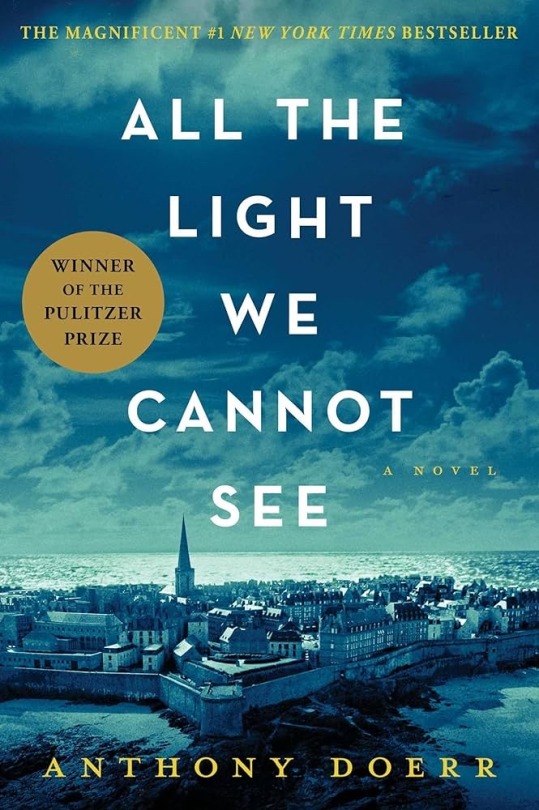
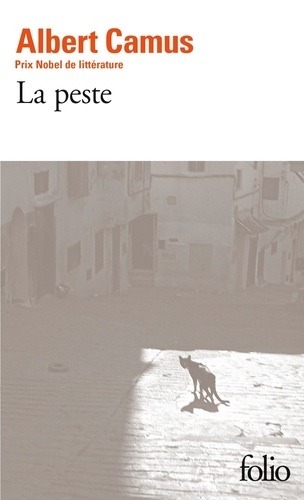
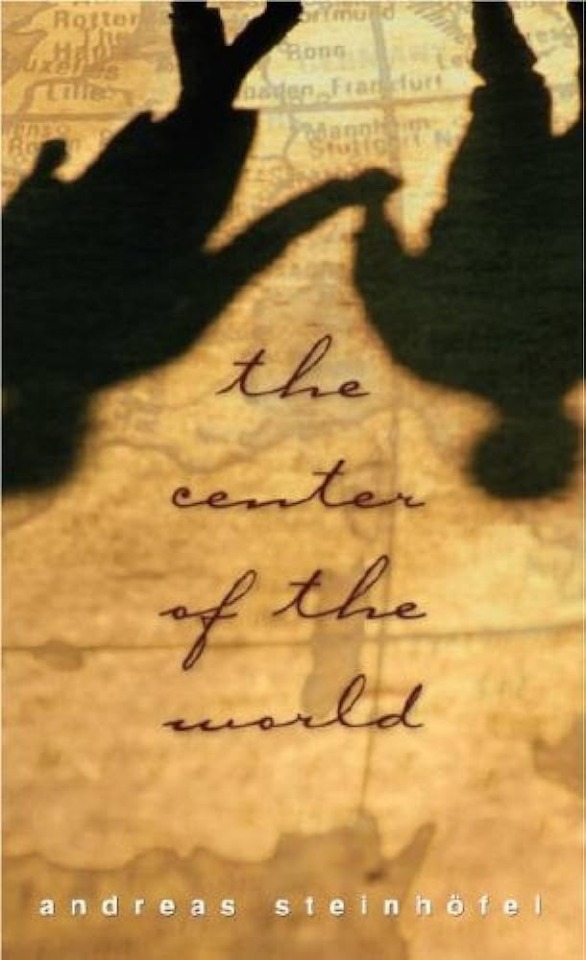

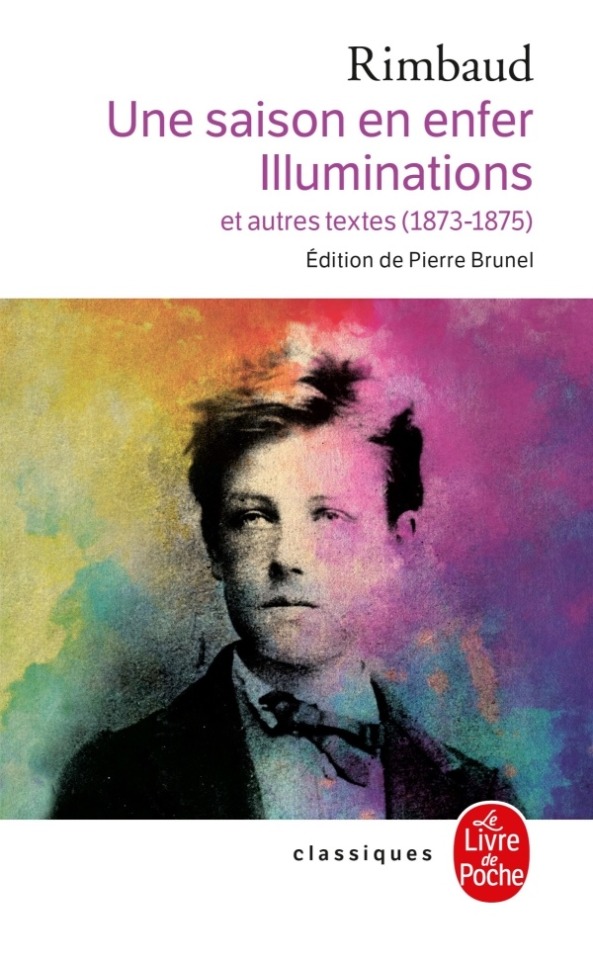



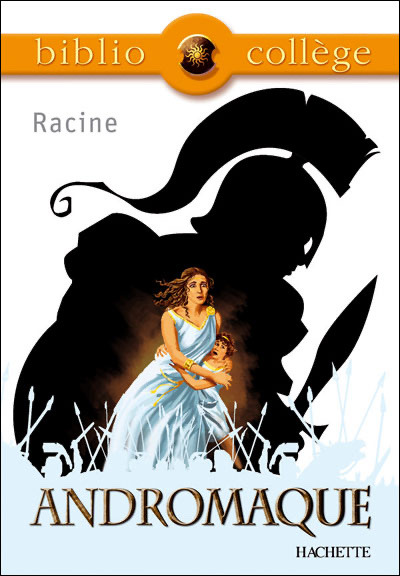
I wanted to add more like The Goblet of Fire or Peter Pan, it was so difficult to choose only 9 of them 😂
Tagging @ofbooksandstardustbook, @luzmyway, @game-set-canet, and whoever wants to do it ☺ (feel free to do it or not💜 )
#tag game#book game#all the light we cannot see#titanic#the center of my world#george mallory#une saison en enfer#arthur rimbaud#la peste#albert camus#the strange case of dr jekyll and mr hyde#robert louis stevenson#emile zola#germinal#andromaque
26 notes
·
View notes
Text
—¿Quién le enseñó todo esto, Doctor?
La respuesta fue instantánea:
—El sufrimiento.
Albert Camus, La peste
#albert camus#la peste#ansiotextos#frases#citas#pensamientos de una ansiosa#notas#textos#fragmentos#escritos#brollotextos#la maracucha que cuenta
30 notes
·
View notes
Text
Tarrou should have lived so he and Rieux could run off into the sunset together and move into a cottage and adopt a dog and have a small garden and set up a general practice clinic and–
#this is about The Plague#justice for my boy Jean Tarrou who did nothing wrong ever#if Camus had the balls society would be a better place#The Plague#La Peste#Tarrieux
36 notes
·
View notes
Text
Le mal qui est dans le monde vient presque toujours de l'ignorance, et la bonne volonté peut faire autant de dégâts que la méchanceté, si elle n'est pas éclairée. Les hommes sont plutôt bons que mauvais et en vérité ce n'est pas la question. Mais ils ignorent plus ou moins, et c'est ce qu'on appelle vertu ou vice, le vice le plus désespérant étant celui de l'ignorance qui croit tout savoir et qui s'autorise alors à tuer. L'âme du meurtrier est aveugle et il n'y a pas de vraie bonté ni de bel amour sans toute la clairvoyance possible.

La peste 1947 d'Albert Camus.
17 notes
·
View notes
Text
idk check out my Jean Tarrou/Bernard Rieux gay ass fanfic 🎀
it was written in Ukrainian first and then translated
hope you enjoy ⭐
#the plague#the plague camus#the plague Albert Camus#la peste#la peste albert camus#Albert camus#ao3#ukrainian
2 notes
·
View notes